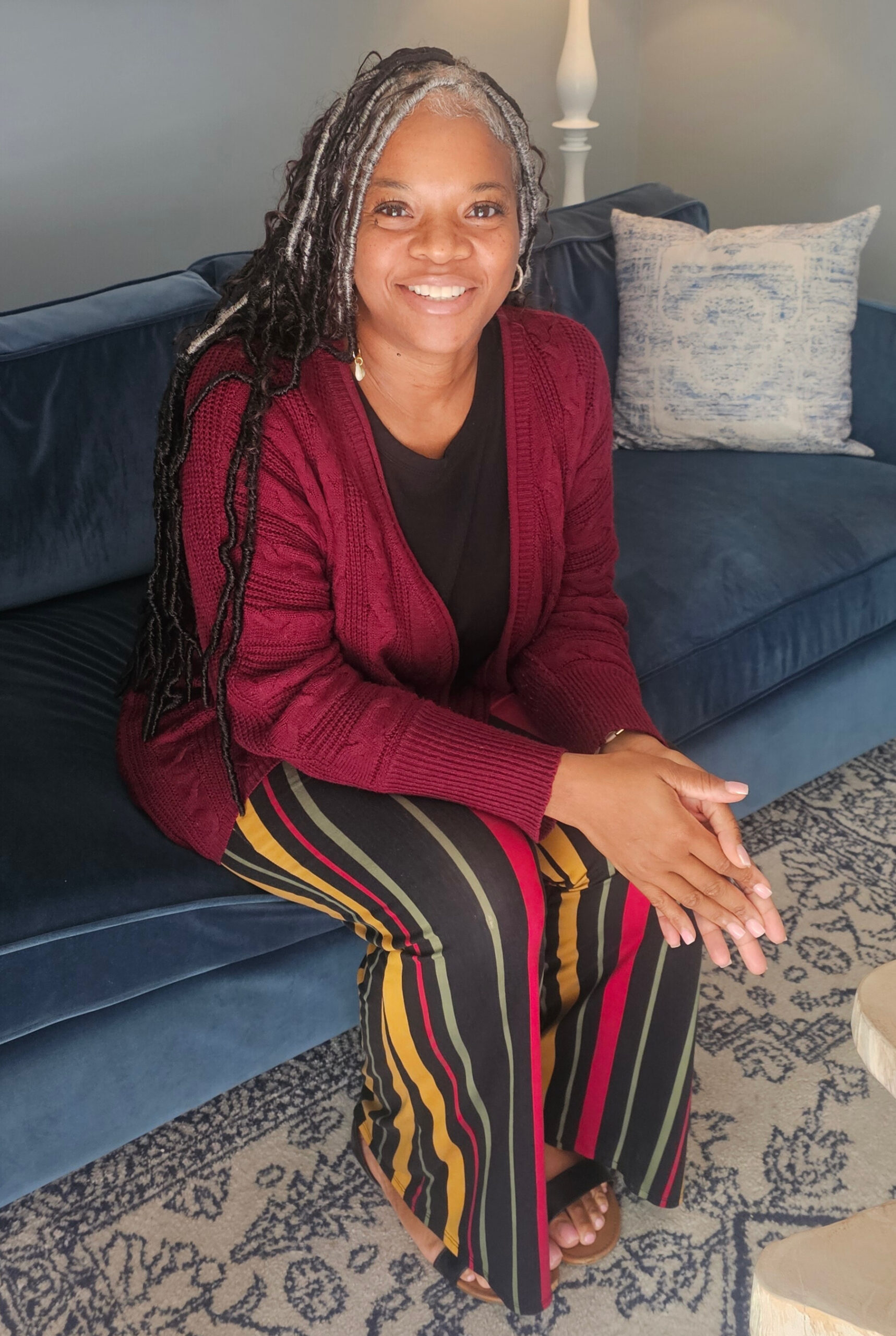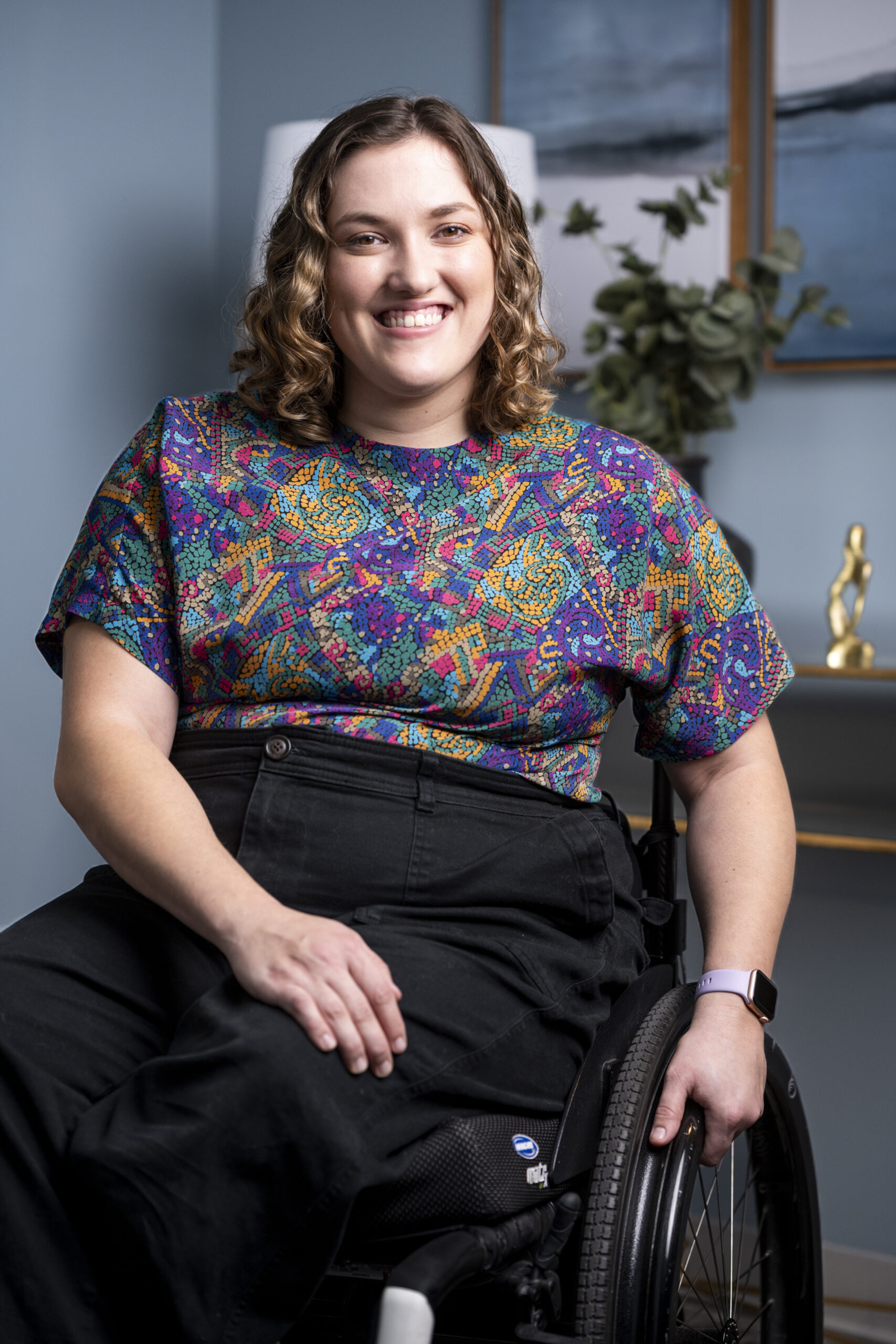OUR MISSION
Healing Home Counseling Group provides a space for therapeutic perinatal, adolescent and youth providers and services throughout Michigan, ensuring individuals and families are seen, valued and supported on the journey of parenthood.
Healing Home is committed to alleviating the public health crisis of pregnancy and postpartum mental health disorders by connecting them to a network of health providers, empowering parents through equitable and inclusive education, early intervention and meaningful resources.
OUR VALUES
Compassion • Empowerment • Integrity • Excellence • Respect
OUR CLIENTS
All providers and clients – individuals, couples and families – are welcome at Healing Home. We engage in a world of inclusivity and celebrate the unique beauty and strength of each of our clients. Our Healing Home welcomes all ages, sexes, cultural and spiritual backgrounds, abilities, sexual orientations and gender identities.
OUR PASSION
The journey of parenthood brings joys and heartaches with changes unlike any other in life. We are passionate about connecting with parents, partners and families on their unique journeys. We strive to ensure that clients know that they are not alone and have confidence that they can be truly well. Our network of advanced perinatal, adolescent and child therapeutic providers and community resources and partners understand that it takes great strength to reach out for support and to begin healing. At Healing Home, we are proud to be a part of your village and connect care specialists and clients to achieve their best hopes for wellness with trust and compassion.
OUR LEADERSHIP
Priya Rednam-Waldo LMSW, MPH, PMH-C
OUR VISION
We believe in creating an empowering space for therapeutic providers to support their clients: to heal, regain strength and restore peace at home.

Erin Salisbury
BS Hospitality Management
Intake and Marketing Coordinator
Erin Salisbury is the Intake & Marketing Coordinator at Healing Home Counseling Group. Erin graduated from the University of Alabama with a degree in Hospitality Management and has always had a passion for customer service & care. Erin strives to provide our clients with a safe space and positive experience. She believes that it takes great strength to seek out therapy and is happy to support all our clients on their journey!

Tim Folmar
LPC, Advanced PMH Trained

DiVine Madlock
LLMSW, Advanced PMH Trained

Chelsea Czegledi
LLMSW, Advanced PMH Trained, EMDR Trained

Celia Hilden
LLMSW, Advanced PMH Trained

Anthony Stevens
LLMSW, Advanced PMH Trained
I chose this path in life because of my strong belief that engaging in therapy on the journey of parenthood works and individuals and families directly benefit from compassionate support. Utilizing more than 20 years of experience working with children and adults, many living with severe chronic illness, I am able to integrate practical tools with clinical education and advanced perinatal mental health training to address a wide range of mental health challenges. I offer a compassionate space for teens and adults to openly express their emotions, thoughts and life experiences with honesty.

Sara Krahel
LMSW-C, Advanced PMH Trained
As a disabled therapist and lifelong wheelchair user, I enjoy working with clients as they navigate life as a disabled or chronically ill person, partner, parent, or child and adapt to a largely inaccessible world. I want to work with clients to develop creative solutions for life’s challenges and strengthen your voice as a self-advocate. I aim to be a warm, positive, and consistent source of support for clients as they undergo life transitions, explore their relationships with family and friends, and forge a path of self-determination by exploring their personal relationship with gender and sexuality.

Mike Shihadeh
LLPC, Advanced PMH Trained
Witnessing the profound impact of suicide in my community deeply motivated me to explore what caused someone to experience such pain. My childhood was filled with exploring physiology and sociological phenomena that evolved into a passion for mental health and providing therapy to those in need. My mission is to serve you on your unique journey toward mental wellness. I believe in an approach tailored to your unique needs and aspirations. What works for one person might not work for another, and together, we’ll find what works best for you.

Jamie DeKraker
LMSW-C, Advanced PMH Trained
Clinical Supervisor
Sharing some of your most vulnerable experiences with another individual can be overwhelming. My hope is that when you believe it is yours or your child’s time to take next steps, that I can provide a comfortable and safe environment to promote healing and empowerment. I look forward to taking the next step with you to begin the process.

Molly Cohen
MSW Fellow
An an MSW Intern, I provide a compassionate and safe space for my clients, drawing deeply from my own experiences as a wife, mother, daughter, sister, and graduate student. Having navigated the challenges of postpartum depression and pregnancy loss, I understand the complex emotions these experiences bring, but everyone has their own unique story. As an Orthodox Jewish woman, I am also sensitive to the cultural nuances that shape our lives. My goal is to support clients with empathy and understanding, offering a nonjudgmental environment where they can feel heard and validated. In my free time (which is sometimes hard to find!), I can be found spending time with my husband and daughter, crafting, and reading.

Samantha Kozuchowski
MSW Fellow
I am passionate about providing a nurturing and safe environment for women and families on their journey to parenthood. Whether you’re trying to conceive, pregnant, or postpartum, I understand the complex emotions that can accompany these seasons of life.
As a wife and a mom to a six-year-old and a three-year-old, I bring my own lived experience to this work. After navigating my own postpartum struggles and talking with many parents whose experiences with becoming a parent looked much different than they expected, I felt a calling to enter the field of mental health. As a fellow with Healing Home Counseling Group, my goal is to offer a comfortable, compassionate space where you can explore your feelings, process your challenges, and find strength and balance during this transformative time.
“I can never possibly express my thanks enough for my supportive experience in therapy with Healing Home Counseling Group. I was connected to expert care and went from struggling to thriving and planning joyfully for the future.”
-Former Client

Contact Healing Home
Ask a question or book an appointment below.
For immediate help, call 988, visit your nearest hospital emergency room or contact the Suicide Prevention Lifeline at 1-800-273-8255 for 24/7 support.
To ensure that your inquiry is received, please use the following browsers : Chrome, Firefox, or Edge. If an error message is displayed or you have not received outreach from Healing Home within 1 business day, please contact us directly by phone or email.


